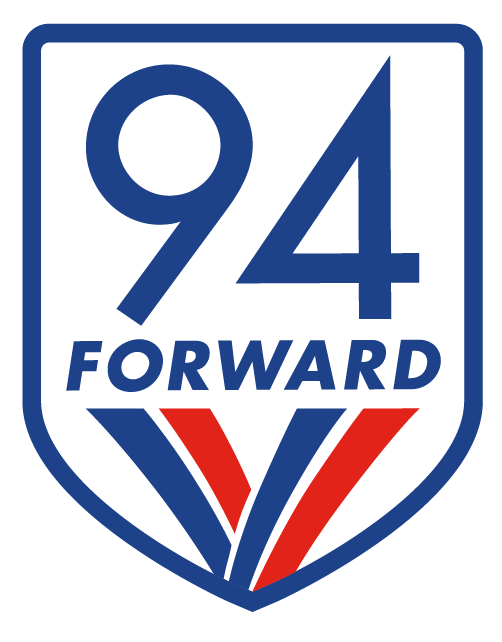Hilary Stellingwerff knows there are easier ways to make a living than running the 1500m.
"It's love hate. It's very painful," says the two-time Olympian.
Of all track's unforgiving pursuits, Stellingwerff considers the 1500 to be in a class of its own. "The 800 is painful too," she says. "But usually the lactic hits you more at the end when you finish, whereas in the 1500 you're dealing with it while you're running so it's pretty painful that last lap."
Only a select few managed that burn better at the height of Stellingwerff's 11-year pro career.
She moved from Switzerland with her husband Trent in 2011, and things changed for the better upon arrival in Victoria. "I trained and lived in Europe," she says. "I wasn't connected to a national training centre. Here [in Victoria] I had a strength and conditioning coach and access to nutrition and therapy because it was already connected through the centre."
Victoria was a small city home to big athletes, and that carries through to today. "We joked that it's no big deal to be an Olympian in Victoria," she quips. "You better be a medallist."
Spurred by the training environment on Vancouver Island, Hillary Stellingwerff qualified for the 2012 Olympics in London. "I qualified with food poisoning," she laughs.
She missed qualifying in 2008 due to anaemia so many things culminated in that first Olympic experience.
In those games, she qualified for the semi-final but missed qualifying for the finals by a single spot. "I was in the best shape of my life and didn't make the final," she says. A 14th place finish, soon became a top 10 result thanks to a 2012 Olympic final field tainted with failed drug tests. Six runners tested positive, leaving Stellingwerff with a 9th overall finish. An impressive result, but one achieved without the chance to run in an Olympic final. "You never know what can happen in a final," she says.
Her sights were then set on the 2016 Olympics in Rio, but another of life's goals was achieved when she became a mother. "Making it to Rio after having a baby was a big deal," she says.
As for how many moms qualified for Team Canada in Rio? "I think there were two or three of us," she says. "But you're definitely seeing more of it now."
The reason more Canadian athletes are able to compete at elite international levels while starting a family is directly tied to Stellingwerff. "Athletics Canada didn't card me after I was pregnant because of an unfair policy related to only being allowed one "medical card" per career."
She contested that policy, and won.
Hilary Stellingwerff qualified for the Rio Olympics, but did not advance past the heats. With that, the 10-time Canadian national team member had run her last competitive race.
And while a change in careers was imminent, there was no change of address. "Coming to Victoria was a huge pinnacle in my career in getting what I needed to make the Olympics, that's why I stayed," she says.
Stellingwerff now mentors young athletes as Head Coach of the University of Victoria Cross Country/Track track team, a program she took over in 2020.
As for her own running career, some things are hard to let go. "I miss being in a big stadium and competing on demand, being super fit and ready to go," she says. Other elements of that life are easier to leave behind.
"I don't miss having to train when I don't want to train," she laughs. "Been there, done that."
